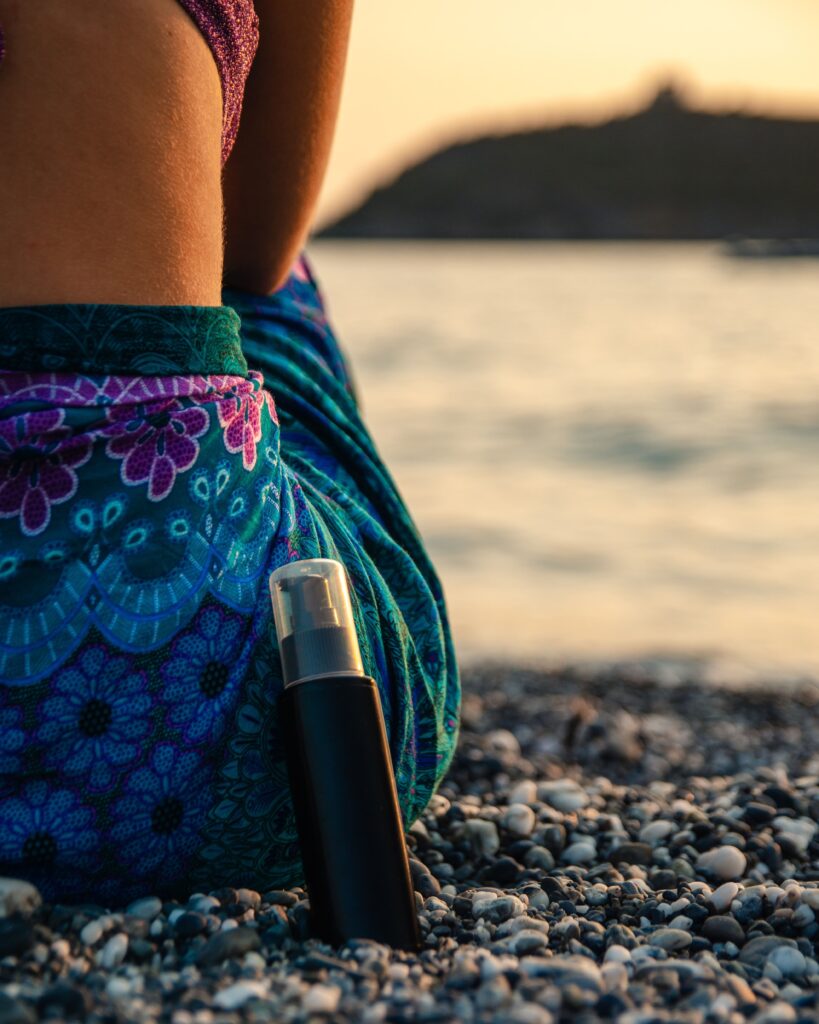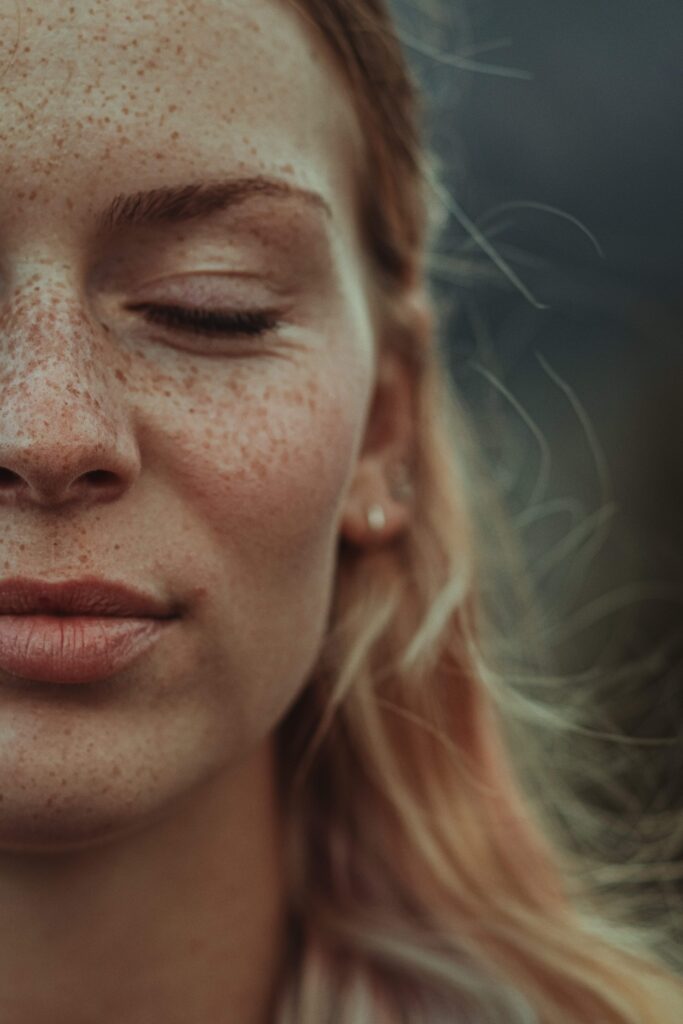When packing for your next trip outside, one thing you will want to ensure makes it in with your camping essentials is sunscreen! Whether you are going out for the day or for a weeklong camping trip, sunscreen is an important item to add to your outdoor pack to prevent sunburn and the lasting effects that UV light exposure can have on your skin and overall health. To better explain why sunscreen is so important, Duluth Pack has pulled information from John Hopkins University and the Mayo Clinic. These sources will provide you with information on what sunscreen is and the damage our skin can experience when we do not protect it from harmful UV rays by wearing sunscreen.

What is sunscreen?
According to the University of Texas MD Anderson Cancer Center, most sunscreens use a combination of physical blockers and chemical absorbers to repel UV rays and absorb the negative effects they can have on our skin.
- Physical blockers: The physical blockers – titanium dioxide or zinc oxide – are minerals that are ground into fine particles. They sit on the surface of the skin and reflect UV rays away from your skin, “a lot like a shield or mirror would”.
- Chemical absorbers: Chemical (or organic, meaning carbon containing) sunscreen ingredients form a thin protective film that absorbs UV radiation before it penetrates the skin.

What happens when you get a sunburn?
A sunburn occurs when your skin is exposed to UV light either through the sun or artificial sources of UV light. UV light can penetrate deep layers of your skin and cause damage to your skin cells when the exposure is too great. When this happens your immune system reacts by sending increased blood flow to the area where the damage occurred. This causes inflamed skin which is what we see as a sunburn on our skin.
Repeated intense exposure to UV light that causes sunburns can lead to extensive damage to your skin cells. This can cause an increased risk of certain diseases, precancerous skin lesions, skin cancer, and photoaging.
To reduce your chances of getting a sunburn and intense UV exposure from the sun, John Hopkins University recommends that you wear at least SPF 30 for daily use and should protect yourself by wearing sunglasses, hats, and seeking shade to avoid extended exposure to the sun even when wearing sunscreen.
What is photoaging?
Photoaging is the premature aging of your skin from being repeatedly sunburnt and repeated sun exposure. Photoaging leads to deep wrinkles, a loss of skin strength and elasticity, dry rough skin, fine red veins on areas of the skin, freckles, and dark or discolored patches of skin.
What are precancerous skin lesions?
Precancerous skin lesions are rough or scaly patches of skin that have been created from repeated exposure and damage from the sun or artificial UV light. These lesions often occur on sun-exposed areas of the head, face, neck, and hands. These patches are at a higher risk of evolving into skin cancer.
What are the potential signs of skin cancer?
Skin cells can be damaged by exposure to the sun and by sunburns. Your risk for skin cancers such as melanoma can be increased by sun exposure even if you do not often experience sunburns. Intense sunburns that occur during adolescence can also increase your likelihood of developing skin cancer. While you can develop skin cancer anywhere on your body, it is common for cancerous cells to occur where exposure is more common such as the scalp, face, lips, ears, neck, chest, arms, hands, legs, and back.
Some types of skin cancer appear as a small growth or a sore that bleeds easily, crusts over, heals and then reopens. With melanoma, an existing mole may change, or a new, suspicious-looking mole may grow.
The Mayo Clinic has provided this list of skin changes and symptoms that should cause to you to see your healthcare provider if you notice.
- A new skin growth
- A bothersome change in your skin
- A change in the look or texture of a mole
- A sore that doesn’t heal

Now you know more about the negative effects that not wearing sunscreen can have on your skin! It is important to remember that you should be protecting yourself from the intense sun exposure year-round as you can get sunburnt in any season! This is especially true during overcast days or during the winter as many do not think about the need for sunscreen during these times! Don’t let a sunburn or skin damage prevent you from grabbing your favorite Duluth Pack outdoor pack or lifestyle pack and getting outside, instead prepare yourself for the day’s adventure and apply sunscreen before and during your activities to soak up the fun but not the harmful UV rays!
Happy adventuring, friends!


Be the first to comment on “The Importance of Wearing Sunscreen Year-Round – Especially in the Outdoors”